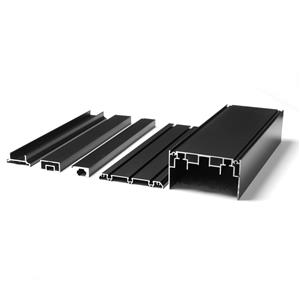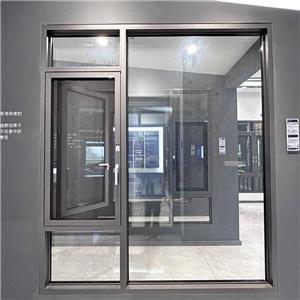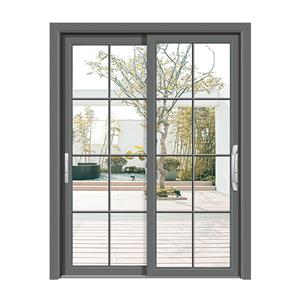HOW TO FIND THE BEST SOUNDPROOF WINDOW FOR YOUR HOME?
In today's fast-paced world, peace and quiet at home are invaluable. Whether you live in a bustling city or near a noisy highway, soundproof windows can dramatically enhance your quality of life. However, selecting the best windows for soundproofing involves understanding key features and evaluating different options. This guide will help you navigate the process and choose the right solution to meet your needs.
1. Understanding How Soundproof Windows Work
To find the best windows for reducing noise, it's crucial to understand how soundproof windows function. These windows are designed to minimize the transmission of sound waves through various techniques, including thicker glass, laminated layers, and specialized insulating materials. A common metric used to measure this is the Sound Transmission Class (STC) rating. The higher the STC rating, the better the window is at blocking sound.
One of the most effective methods for soundproofing is double glazing, which consists of two layers of glass separated by an air gap. This design not only enhances noise reduction but also improves thermal insulation. For those seeking even greater soundproofing, aluminium triple glazing provides an additional layer of glass, further minimizing noise intrusion and offering superior energy efficiency.
Soundproof windows can reduce both airborne noise (e.g., traffic, loud music) and structural noise (e.g., vibrations from nearby construction). Understanding your primary noise source will help you choose the right solution, such as an aluminium fixed glass window for rooms where ventilation is unnecessary but maximum noise reduction is required.
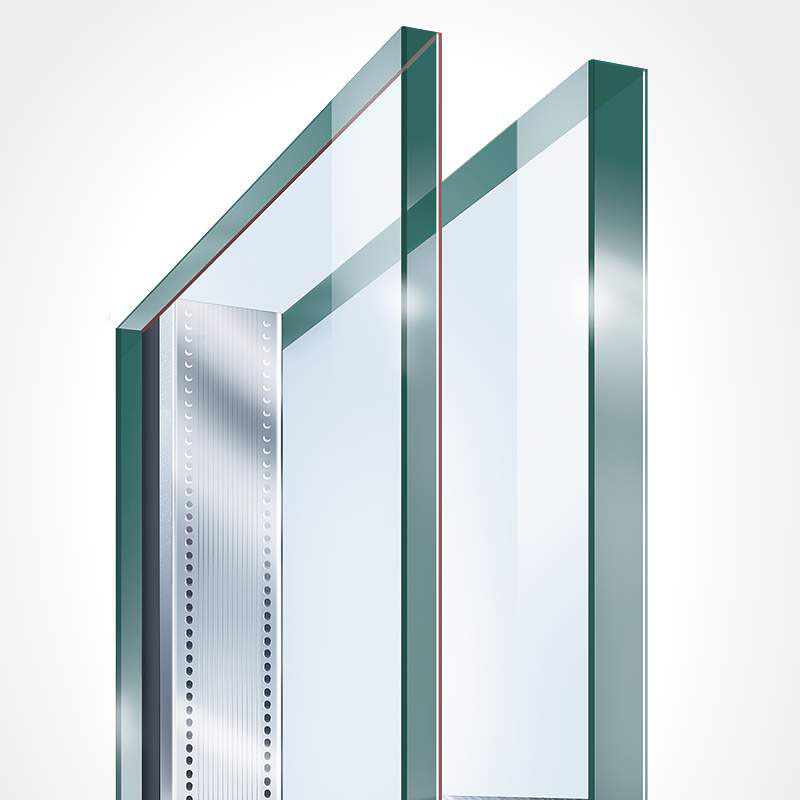
2. Key Features of Effective Soundproof Windows
When searching for the best windows, consider several crucial features that determine their effectiveness in reducing noise:
1. Multi-Layered Glass:
Windows with multiple layers of glass, such as double glazing or aluminium triple glazing, are excellent at disrupting sound waves. Laminated glass, which includes a special interlayer, provides additional noise reduction.
2. Air Gaps and Insulation:
The air gap between glass layers plays a significant role in soundproofing. Wider air gaps improve noise reduction by reducing the transmission of sound waves. Insulating gases, such as argon, can be used within these gaps to enhance performance further.
3. Frame Material:
The material of the window frame also impacts soundproofing. While wood and vinyl frames provide good insulation, aluminum casement windows with thermal breaks are increasingly popular for their combination of durability, noise reduction, and modern aesthetics. These windows offer excellent performance while maintaining a sleek design.
4. Proper Sealing:
No matter how well-constructed the glass and frame are, soundproofing will fail without proper sealing. Look for windows with tight seals to prevent sound from leaking through gaps. This is especially critical for aluminium fixed glass windows, which are often used in noise-sensitive areas.
5. Energy Efficiency:
In addition to noise reduction, many soundproof windows offer energy-saving benefits. Double glazing and aluminium triple glazing reduce heat transfer, helping maintain a comfortable indoor temperature and lowering energy bills.
3. Choosing the Best Soundproof Windows for Your Home
Once you understand the features of effective soundproof windows, the next step is finding the right product for your specific needs and budget. Here's how to make an informed decision:
Identify Your Noise Challenges:
Determine the type and intensity of noise you're dealing with. If you live near moderate traffic or noisy neighbors, double glazing may be sufficient. However, for extreme noise levels, such as near airports or railways, aluminium triple glazing or laminated glass with a high STC rating will be more effective.
Evaluate Your Budget:
The cost of soundproof windows can vary widely. While aluminium fixed glass windows and aluminum casement windows with advanced features may have a higher upfront cost, they offer long-term savings through improved energy efficiency and reduced maintenance.
Consider Room Functionality:
Different rooms in your home may have varying soundproofing needs. For example, bedrooms and home offices benefit from maximum noise reduction, making aluminium fixed glass windows an excellent choice. In contrast, areas like living rooms may prioritize ventilation, where aluminum casement windows provide a good balance of soundproofing and airflow.
Seek Professional Installation:
Proper installation is essential to ensure optimal performance. Even the best windows will fail to deliver their full soundproofing potential if not installed correctly. Professionals can ensure a tight seal and proper fit, maximizing the window’s effectiveness.
Check Additional Features:
Many soundproof windows come with added benefits, such as UV protection, enhanced security, and aesthetic customization. For example, aluminum casement windows offer both soundproofing and a modern look, making them a versatile choice for various home styles.
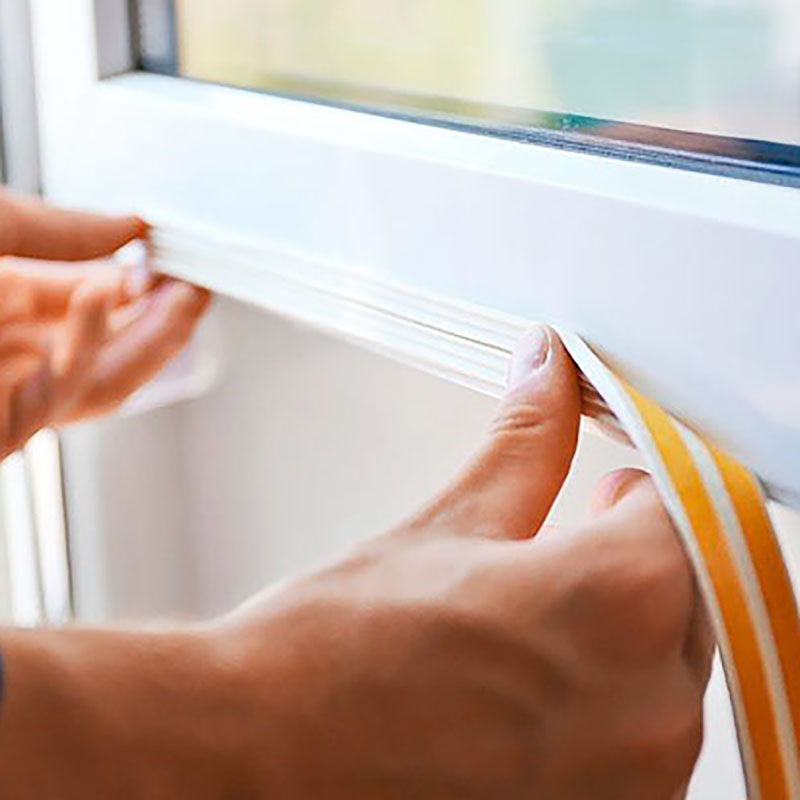
Invest in a Quieter Home
Choosing the right soundproof windows can transform your home into a peaceful retreat from the outside world. Whether you opt for double glazing, aluminium triple glazing, or specialized options like aluminium fixed glass windows, understanding the key features and benefits of each type will help you make the best decision.
By considering your noise challenges, budget, and room-specific needs, you can find the best windows to enhance your home's comfort and value. With professional installation and careful selection, you’ll enjoy a quieter, more serene living environment for years to come.


